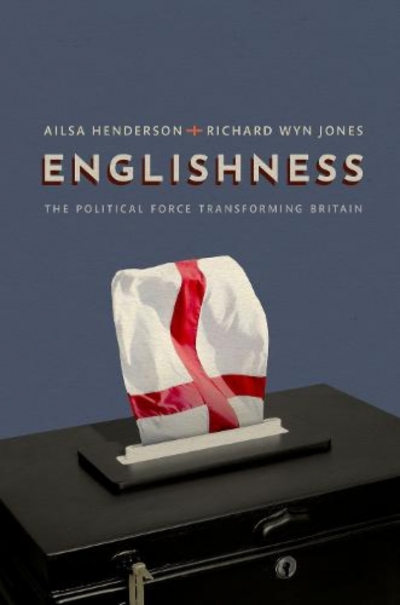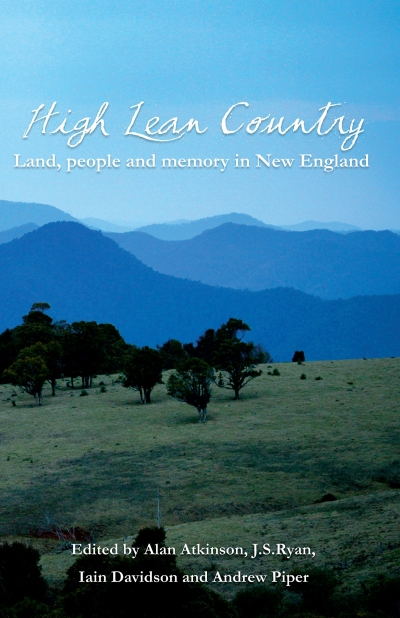England
The Parliamentary Battle Over Brexit by Meg Russell and Lisa James
by Ben Wellings •
Englishness: The political force transforming Britain by Ailsa Henderson and Richard Wyn Jones
by Ben Wellings •
The Rise and Fall of the British Nation: A twentieth-century history by David Edgerton
by Simon Tormey •
In Pursuit Of Civility: Manners and civilization in early modern England by Keith Thomas
by Ian Donaldson •
High Lean Country: Land, people and memory in New England by Alan Atkinson et al.
by Kate McFadyen •





